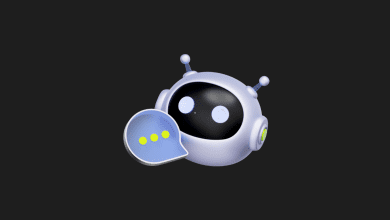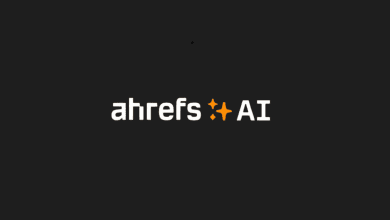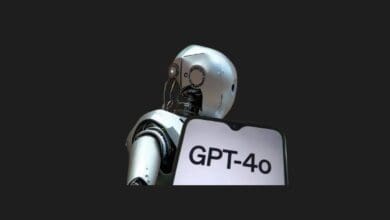Siemens and Microsoft’s Game-Changing AI Partnership

Siemens and Microsoft, two technological giants, have initiated a collaborative project to create a joint artificial intelligence system. This system is intended to enable smooth interaction between humans and machines within industrial environments.
Acknowledging the crucial role of artificial intelligence in contemporary industry, Siemens and Microsoft have united their efforts.
In a joint statement, they announced their ambitious initiative, which seeks to dramatically speed up the programming of robots and other automated systems through artificial intelligence. This project represents a significant move towards improving efficiency and collaboration in industrial operations.
“Industrial Copilot” is coming
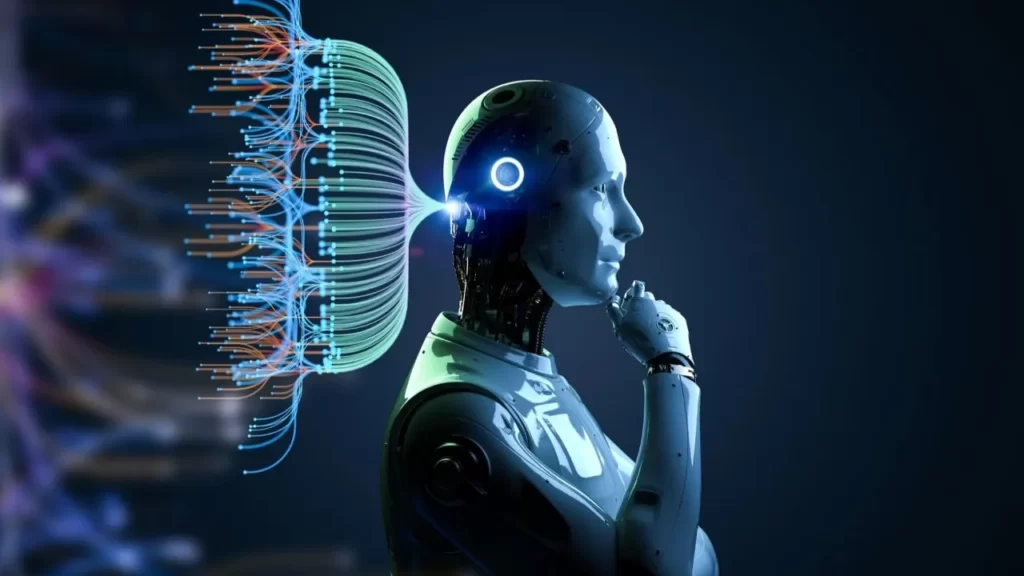
In their announcement, Siemens and Microsoft unveiled their collaborative effort, named “Siemens Industrial Co-pilot.” The announcement emphasized the program’s goal to enable companies to harness generative AI collaboratively across various sectors, including manufacturing, infrastructure, transportation, and healthcare.
The joint statement from these industry leaders further explained that this new application would facilitate the identification and correction of errors and significantly decrease simulation times. This breakthrough is poised to revolutionize current practices, turning tasks that traditionally took weeks into tasks that can be completed in minutes. This represents a significant stride in improving efficiency and productivity across these industries.
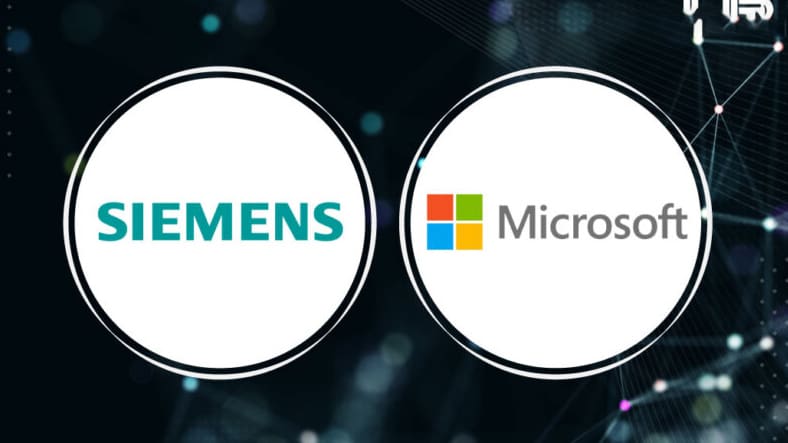
As part of their collaboration, Siemens is set to enhance its proprietary automation and process simulation technology, Siemens Xcelerator, with the integration of Microsoft applications. Roland Busch, CEO and Chairman of Siemens’ Board of Directors, has expressed optimism about the potential impacts of this technology.
He suggested that this technology could transform various aspects of corporate operations, ranging from design and development to production and beyond. Busch highlighted the importance of improving human-machine collaboration, noting that it would allow engineers to speed up code development, foster innovation, and address the challenge of skilled labor shortages.
Although the new program is currently in the development stage, it has already begun to find practical applications. Schaeffer, a German automotive supplier, is one of the early adopters of the Siemens Industrial Co-pilot. The company is planning to implement the co-pilot in its production processes soon, demonstrating the immediate usability and potential advantages of this cutting-edge technology.



